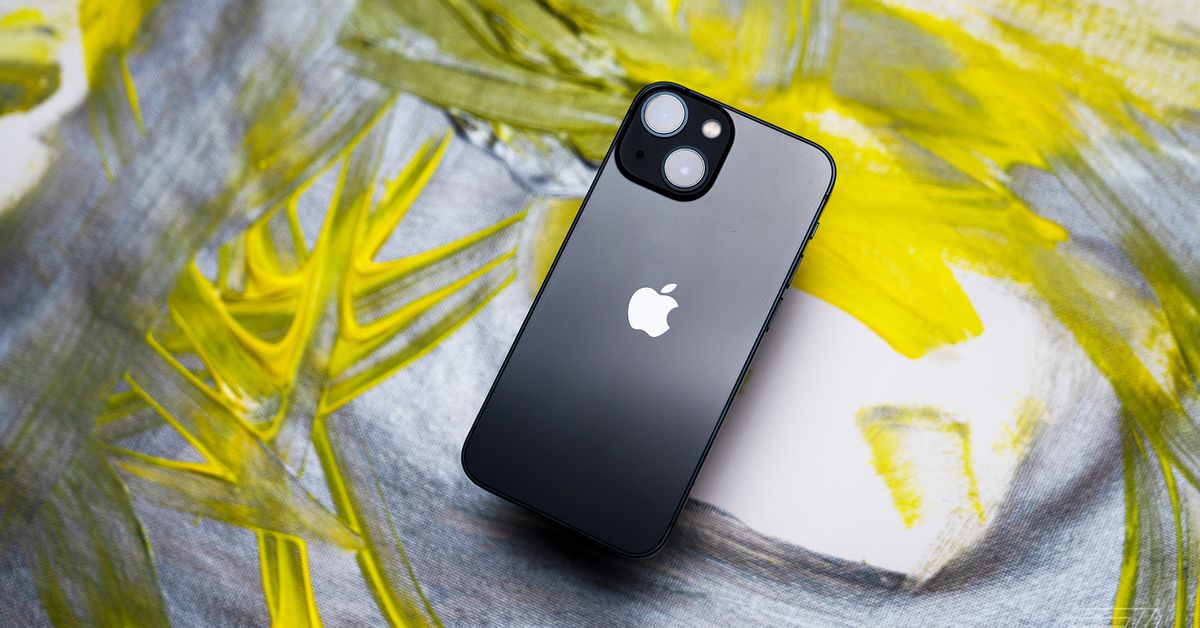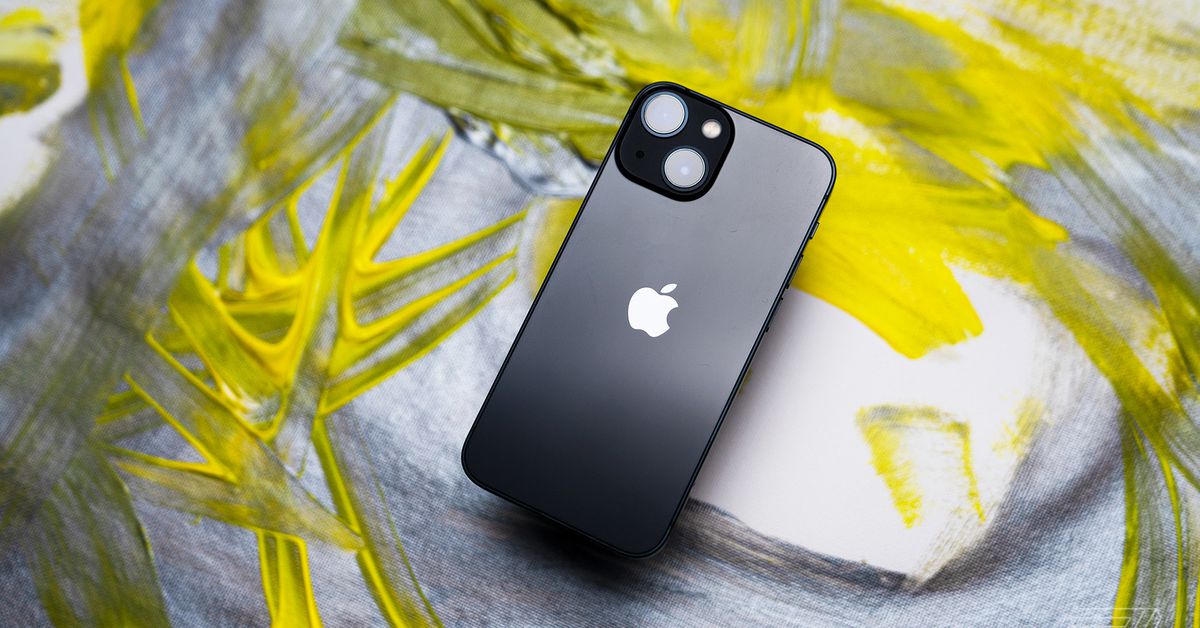
Apple has denied that last month’s iOS 15.2 update is behind the difficulty some iPhone owners have faced with using the iCloud Private Relay feature on cellular networks. Verizon, AT&T, and T-Mobile earlier this week said they weren’t blocking the VPN-like feature, but T-Mobile claimed to have identified that iOS 15.2 toggled it off by default.
Now Apple says that’s not the case. After releasing an updated beta of iOS 15.3 that clarifies the language in iCloud settings, Apple issued a statement to 9to5Mac saying that iOS 15.2 wasn’t the problem. “No changes were made to iCloud Private Relay in iOS 15.2 that would have toggled the feature off,” the statement reads. “Users are encouraged to check their Settings to see if Private Relay is enabled on their device or for a specific network.”
T-Mobile has also followed up with 9to5Mac to say that that iOS 15.2 didn’t toggle the feature off after all. “Apple doesn’t change customers’ settings when they update to iOS 15.2,” the carrier says in a statement. “Customers may see an error message if they previously toggled iCloud Private Relay or Limit IP Address Tracking off in their Cellular Data Options Settings.”
It’s still not entirely clear what caused all of this confusion, but the carriers do say they’re not blocking iCloud Private Relay (except for some T-Mobile plans that include content filtering services), so it’s worth double-checking your cellular settings to make sure everything’s the way it should be. Once the public version of iOS 15.3 is out, the language in settings won’t outright tell you that your cell plan doesn’t support the feature.
